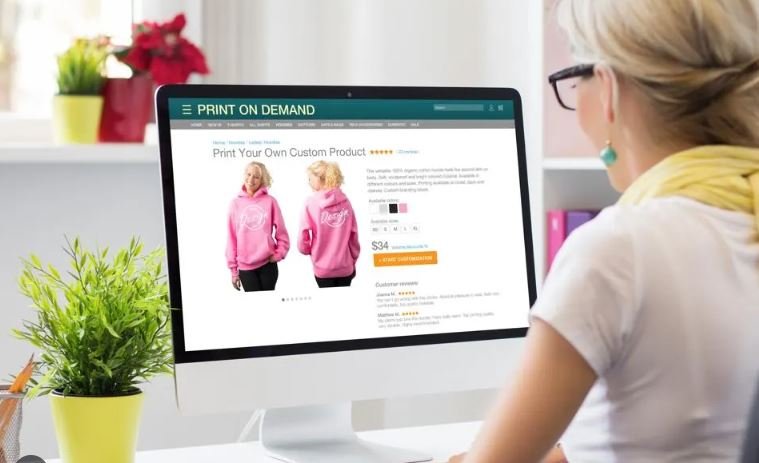Personalization in marketing campaigns has become a powerful strategy for businesses looking to boost engagement and increase conversions. In today’s competitive landscape, consumers expect brands to cater to their specific needs and preferences. Tailoring your marketing efforts to individual customers enhances their experience, builds trust, and drives better results. This article explores how to effectively implement personalization in marketing campaigns.

Understanding the Importance of Personalization
The shift towards personalized marketing stems from the demand for more customized interactions. Customers no longer respond to generic messages and one-size-fits-all strategies. Instead, they seek personalized experiences that speak directly to their unique interests and behaviors.
Firstly, personalized marketing improves customer engagement. When consumers receive content or offers relevant to their preferences, they are more likely to engage with your brand. Emails with personalized subject lines, for instance, tend to have higher open rates, and targeted social media ads generate more clicks.
Secondly, personalization fosters brand loyalty. When customers feel understood and valued by a brand, they are more likely to remain loyal. Delivering personalized product recommendations, content, or special offers based on their past behavior enhances the overall customer experience.
Thirdly, customized campaigns drive higher conversions. Personalizing your messages ensures that you’re reaching the right audience with the right offer at the right time. This relevance increases the likelihood of converting leads into paying customers.
Key Strategies for Personalizing Marketing Campaigns
To succeed with personalization in marketing campaigns, businesses must adopt the right strategies. From email marketing to social media ads, these strategies can be implemented across multiple channels to ensure consistent and effective engagement.
Firstly, use customer data to create targeted segments. Segmentation is essential for delivering personalized content. By analyzing customer data such as purchase history, browsing behavior, and demographics, you can divide your audience into smaller, targeted groups. This enables you to send more relevant messages, improving your campaign’s effectiveness.
Secondly, create dynamic email campaigns. One of the easiest ways to personalize is through email marketing. Utilize data from customer interactions to send personalized emails, such as birthday discounts or product recommendations based on recent purchases. Including the recipient’s name in the subject line also boosts engagement rates.
Thirdly, personalize website experiences. Websites can deliver tailored experiences by showing visitors content or product suggestions based on their past interactions. For example, e-commerce sites can highlight items related to a visitor’s browsing history or show a welcome message for returning users.
Leveraging Technology for Effective Personalization
Technology plays a critical role in scaling personalization in marketing campaigns. Advanced tools and software allow businesses to gather data, analyze customer behavior, and create personalized experiences at scale.
Firstly, use AI and machine learning to predict customer behavior. AI-powered tools can analyze large sets of data to predict what a customer might want next. By identifying patterns in behavior, AI helps deliver highly personalized content, such as recommending products a customer is likely to purchase based on their previous shopping habits.
Secondly, invest in marketing automation. Automation tools enable businesses to deliver personalized messages efficiently. Automated workflows can trigger emails, texts, or ads based on customer actions, such as cart abandonment or product searches. This ensures timely, personalized communication without manual effort.
Thirdly, employ CRM software for data-driven personalization. Customer Relationship Management (CRM) platforms help businesses store and analyze customer data. This information enables you to deliver personalized interactions, track customer preferences, and provide personalized support, which enhances the overall experience.
Conclusion
In conclusion, personalization in marketing campaigns is a powerful tool for boosting engagement, driving conversions, and building long-term customer loyalty. By leveraging customer data, technology, and strategic segmentation, businesses can create tailored experiences that resonate with their audience. Despite challenges like data privacy concerns, the benefits of personalization far outweigh the drawbacks. As consumer expectations continue to rise, embracing personalization is essential for staying competitive in today’s market.




